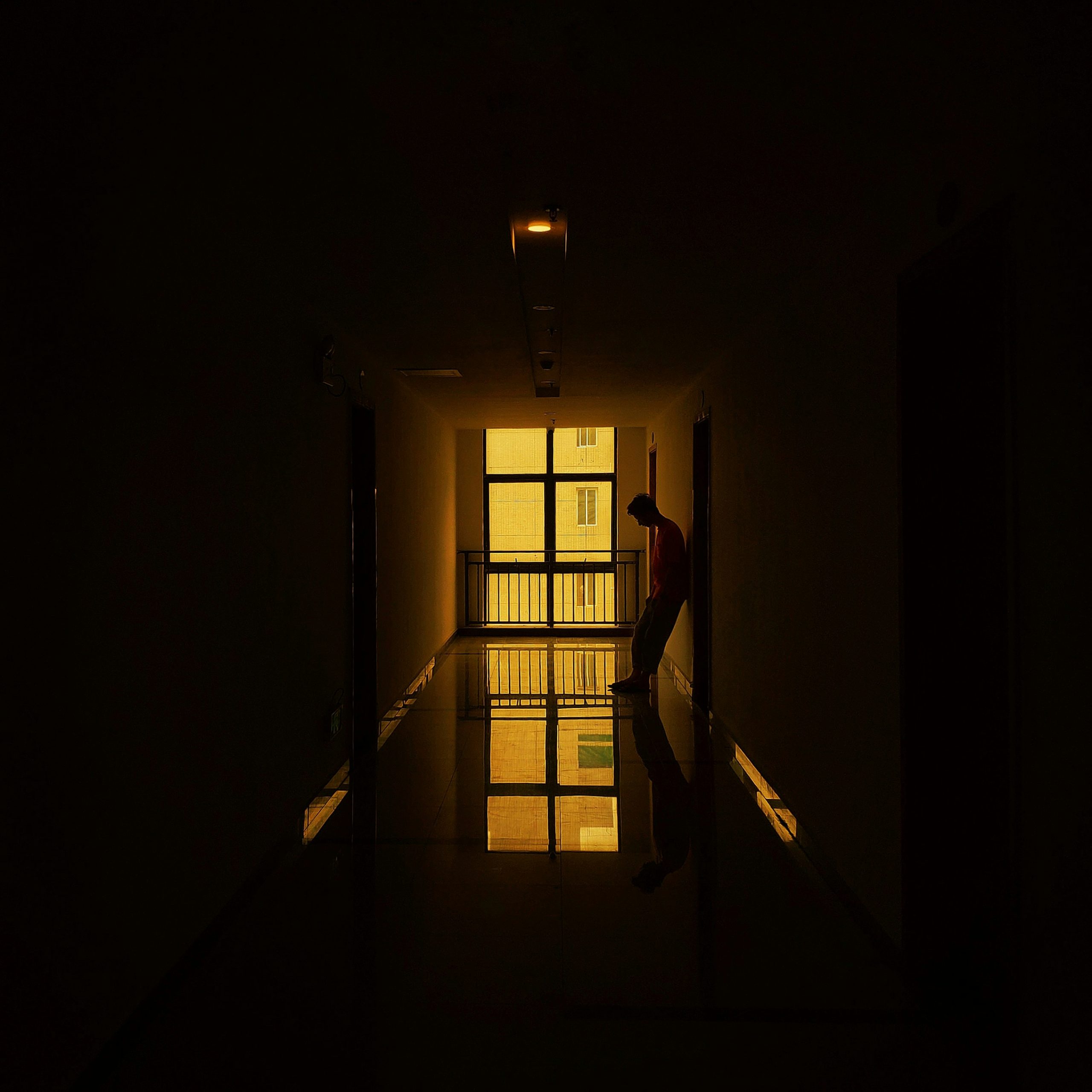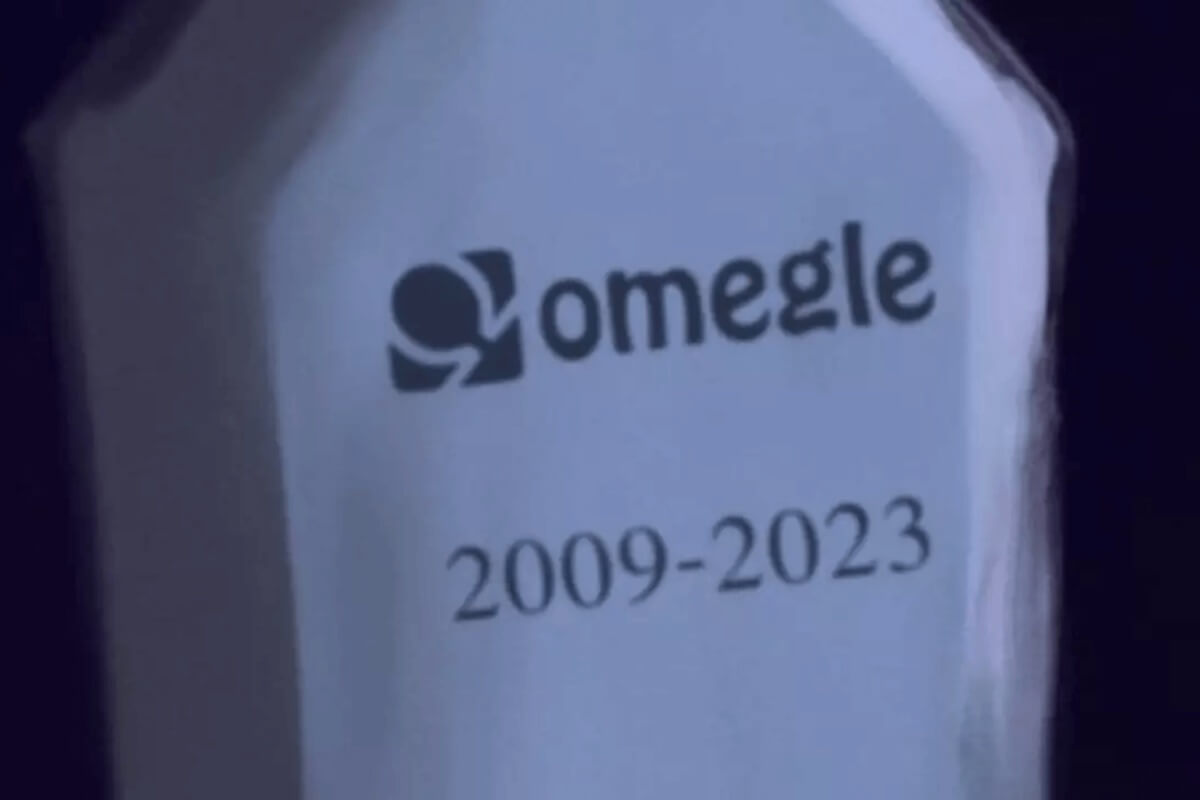1、Introduction
In recent years, “incel” culture has become a controversial and increasingly visible topic, particularly in discussions surrounding modern dating and relationships. Derived from the term “involuntary celibate,” the word was initially meant to describe people unable to form romantic or sexual relationships despite desiring them. Over time, however, incel culture has taken on darker, more toxic connotations, with many who identify as incels now harboring deep resentment toward women and society.
Incel culture’s growing influence, especially in online spaces, has had far-reaching implications for dating, relationships, and social dynamics in 2024. This article will explore the origins of incel culture, how it impacts modern dating and relationships, and what can be done to address its negative effects.
2、What is Incel Culture?
Incel, short for “involuntary celibate,” refers to individuals—primarily men—who are unable to find sexual or romantic partners despite wanting such relationships. While the term initially described a broader group of people, today it is most often associated with an internet subculture characterized by extreme misogyny, bitterness, and frustration.
Incel culture revolves around several core beliefs:
- Blaming Women: Many incels hold women responsible for their lack of romantic success, accusing them of being shallow, selective, or only interested in men with wealth, power, or good looks.
- Fatalism: A common belief in incel culture is that personal traits such as physical appearance or social status permanently doom certain men to remain single. This deterministic viewpoint often leads incels to adopt a defeatist attitude, rejecting any attempts at self-improvement.
- Online Echo Chambers: Incel culture thrives in isolated online communities where like-minded individuals reinforce each other’s negative beliefs. These forums often amplify feelings of hopelessness, anger, and resentment, which can, in some cases, lead to radicalization.
Incel ideology extends beyond mere frustration over romantic failures—it taps into deeper societal issues, such as changing gender dynamics and the rise of digital communication, which have transformed how people interact in relationships.

3、The Rise of Incel Communities in the Digital Age
The internet has been instrumental in the formation and rapid growth of incel communities. Early forums, such as Reddit’s banned “r/incels” subreddit, served as hubs for men to gather, share their frustrations, and form a collective identity around their perceived rejection by women. While Reddit eventually shut down these groups, they quickly migrated to other platforms, including 4chan, 8chan, and specialized forums like Incels.is.
Why has the internet been so important for the growth of incel culture?
- Anonymity: The internet allows users to express thoughts anonymously, freeing them from the social constraints that might otherwise prevent them from voicing extreme or hateful views.
- Echo Chambers: Online forums enable incels to gather in echo chambers where their beliefs are continually reinforced by like-minded individuals. In these spaces, misogynistic ideas flourish unchecked, and those who question the dominant ideology are often ostracized or banned.
- Rapid Information Sharing: The internet accelerates the spread of incel ideologies, as users share memes, manifestos, and other content that reinforces their beliefs. The tragic example of the 2014 Isla Vista massacre, committed by an individual who identified with incel ideologies, is one event that thrust incel culture into the media spotlight and, in some cases, inspired others to follow suit.
This digital environment has contributed significantly to the normalization of toxic beliefs within incel communities, fostering resentment that extends beyond mere personal frustrations into dangerous ideologies that can, and sometimes do, translate into real-world violence.
4、How Incel Culture Affects Modern Dating Dynamics
The influence of incel culture has fundamentally altered modern dating dynamics, particularly in the realm of online dating. Many incels believe that the advent of dating apps like Tinder and Bumble has exacerbated their romantic struggles, as they perceive these platforms to place undue emphasis on physical appearance, leaving those who consider themselves unattractive at a distinct disadvantage.
Hostility Towards Women
Incel culture perpetuates deeply misogynistic views of women, often portraying them as manipulative, shallow, or only interested in dating high-status men (referred to as “Chads” in incel terminology). This belief creates a warped view of dating, where women are seen not as potential partners but as obstacles or gatekeepers who unjustly withhold intimacy.
This dynamic has significant implications for incels’ interactions with women in dating contexts. For some, it leads to aggressive or hostile behavior, both online and offline. In online dating environments, this hostility often manifests in the form of harassing messages, sexual aggression, or even threats when women reject their advances.
Distorted Self-Perception
Many incels internalize the idea that they are inherently unworthy of love or affection, a belief reinforced by the incel community’s focus on physical appearance, social status, and other external factors. This fatalistic view discourages self-improvement and fosters a deep sense of victimhood, as incels believe their circumstances are beyond their control.
This belief in permanent romantic failure prevents many incels from forming healthy, mutually respectful relationships. Instead, they withdraw from the dating pool, further isolating themselves and deepening their resentment towards women and society.

5、Misogyny and Gender Issues in Incel Ideology
At the heart of incel culture is a profound misogyny that influences not only how incels view women but also how they interpret gender roles in society. Incel ideology is built on the idea that men are entitled to sex and romantic relationships, while women are seen as the gatekeepers who control access to these experiences.
This sense of entitlement leads to a warped understanding of gender relations, where women are vilified for exercising choice in their romantic lives. Incel forums are rife with derogatory language aimed at women, accusing them of being manipulative or overly selective, particularly in their preference for “alpha males” or “Chads.”
Reinforcement of Harmful Stereotypes
Incel culture reinforces harmful stereotypes about women, reducing them to objects of male desire rather than complex individuals with their own agency. This toxic view of gender roles contributes to the polarization of attitudes towards women in broader society, fueling debates around issues such as female empowerment and gender equality.
Intersection with Other Extremist Ideologies
Incel ideology often overlaps with other extremist movements, including white supremacy and far-right nationalism. These intersections create a breeding ground for hate and violence, as incel forums provide a space for individuals to share not only their frustrations about dating but also their broader grievances with society. The dangerous combination of misogyny and extremist views poses a significant threat, both online and offline.
6、The Psychological Effects of Incel Culture on Individuals
The emotional and psychological toll of participating in incel culture can be devastating. Many incels experience severe mental health issues, including depression, anxiety, and social isolation. These issues are compounded by the constant reinforcement of negative beliefs within incel communities, where hopelessness and defeatism are common themes.
Depression and Social Isolation
Incels often feel trapped in a cycle of loneliness and despair, believing that their romantic failures are the result of unchangeable traits such as physical appearance or genetics. This fatalistic outlook prevents them from seeking meaningful connections and leads to a withdrawal from social interaction.
As a result, many incels suffer from deep social isolation, spending more time in online forums where their negative beliefs are reinforced. This isolation further entrenches them in the incel community, making it harder to break free from the toxic ideology.
Radicalization and Violent Ideation
In some cases, the psychological impact of incel culture can lead to radicalization, where individuals begin to fantasize about or even commit acts of violence. The aforementioned Isla Vista massacre is just one example of how incel ideologies can manifest in real-world violence.
While not all incels become violent, the constant reinforcement of hate, victimhood, and hopelessness creates a fertile environment for radicalization, particularly among those who already suffer from mental health issues.

7、Incel Culture and the Impact on Dating Apps
Dating apps have become a focal point for incel frustrations. Many incels believe that apps like Tinder and Bumble contribute to their romantic struggles by creating a marketplace where physical appearance is the primary factor in determining romantic success. They argue that these platforms exacerbate social inequalities by rewarding those who are conventionally attractive while marginalizing those who do not meet traditional beauty standards.
Hostility on Dating Platforms
This perception often leads to hostile behavior on dating platforms. Incels may lash out at women who reject their advances, sending abusive or threatening messages in response to perceived slights. These behaviors not only harm individual users but also contribute to a toxic environment on dating platforms, making it harder for others to form healthy connections.
Challenges for Moderation
Dating apps face significant challenges in moderating incel-related behaviors. While many platforms have implemented stricter guidelines and moderation systems to curb harassment, the sheer scale of these platforms makes it difficult to eliminate harmful interactions entirely. The anonymity provided by online platforms further complicates moderation efforts, as users can easily create new accounts after being banned.
8、Incel Culture’s Influence on Long-Term Relationships
While incel culture is most often associated with dating, its influence can extend into long-term relationships as well. Individuals who adopt incel ideologies may carry these beliefs into their relationships, leading to dysfunctional dynamics characterized by distrust, entitlement, and emotional distance.
Distrust and Emotional Disconnect
One of the most significant ways incel culture affects long-term relationships is by fostering a deep sense of distrust toward partners, particularly women. Incels often view women as manipulative or inherently deceptive, believing that their partners may be with them for superficial reasons, such as status or financial gain. This perspective undermines the foundation of trust and emotional intimacy that healthy relationships require.
As a result, individuals influenced by incel ideology may struggle to open up emotionally or show vulnerability to their partners. Emotional disconnect becomes a common issue, leading to dissatisfaction and a lack of genuine emotional bonding. Over time, these relationships become strained and are often marked by feelings of resentment or indifference.
Entitlement and Power Imbalance
Another hallmark of incel culture is the sense of entitlement many adherents feel toward sex and romantic relationships. This belief often translates into long-term relationships where incels may expect their partners to fulfill certain roles or responsibilities without reciprocation. For instance, they might feel entitled to sex, emotional labor, or validation from their partners, creating a significant power imbalance in the relationship.
This entitlement can lead to toxic dynamics, where one partner feels overburdened and the other feels unappreciated or resentful. Such imbalances are unsustainable in the long term, often resulting in either conflict or the eventual dissolution of the relationship.

9、Dealing with the Influence of Incel Culture
Given the detrimental effects of incel culture on both individuals and relationships, it’s essential to understand how to address and mitigate these influences. While challenging, it is possible for people entangled in incel ideologies to change their mindset and adopt healthier perspectives on dating and relationships. Here are some strategies for doing so:
Awareness and Education
The first step in addressing the influence of incel culture is raising awareness about its toxic nature. Many people who identify with incel ideologies are unaware of the broader societal issues at play or the fact that their beliefs are rooted in distorted perceptions of gender and relationships.
Educational efforts, whether through public campaigns, social media, or in academic settings, can help challenge these harmful beliefs. By providing alternative narratives that promote empathy, self-worth, and positive relationship dynamics, individuals can begin to question the validity of incel ideologies.
Encouraging Open Communication
Healthy relationships are built on open, honest communication, a principle that stands in stark contrast to the emotionally closed-off nature of incel communities. Encouraging individuals to express their feelings, desires, and fears in a constructive manner is key to breaking down the emotional barriers created by incel culture.
For those affected by incel ideologies, therapy or counseling can provide a safe space to work through their feelings of inadequacy, frustration, and resentment. Professional guidance can help them develop better communication skills and foster emotional vulnerability, which are essential for building and maintaining healthy relationships.
Breaking the Cycle of Victimhood
A defining feature of incel culture is the pervasive sense of victimhood. Many incels believe that they are powerless to change their circumstances, attributing their lack of romantic success to factors beyond their control. Breaking this cycle of victimhood requires a shift in mindset—from seeing themselves as victims to taking responsibility for their own happiness and personal growth.
This shift can be encouraged through positive reinforcement, such as celebrating small personal achievements or encouraging self-improvement efforts. Over time, individuals can learn to build confidence and self-worth, which can help them re-enter the dating world with a healthier, more constructive attitude.
Promoting Positive Role Models
Incels are often drawn to toxic communities because they lack positive role models who can demonstrate healthy relationships and personal fulfillment. By promoting positive examples of men and women who have overcome similar struggles and built successful relationships based on mutual respect and empathy, incels can see that their situation is not as hopeless as they may believe.
Role models—whether through media representation, personal stories, or public figures—can serve as powerful motivators for individuals seeking a way out of incel ideology.

10、Can Incel Culture Change?
While the incel community may seem deeply entrenched in negativity, there is hope for change. In recent years, there have been numerous accounts of former incels who have successfully left the community and rebuilt their lives. These individuals often credit a combination of therapy, personal development, and exposure to healthier social environments for their transformation.
Therapy and Mental Health Support
Mental health support plays a crucial role in helping individuals leave incel culture behind. Many incels suffer from depression, anxiety, or other mental health challenges that contribute to their feelings of isolation and hopelessness. Therapy can provide the tools necessary to cope with these issues and develop healthier, more constructive ways of thinking about relationships.
Cognitive-behavioral therapy (CBT), in particular, has been shown to be effective in challenging the negative thought patterns that are so prevalent in incel communities. By identifying and addressing the root causes of their emotional struggles, individuals can begin to rebuild their sense of self-worth and learn to approach relationships with a more positive mindset.
Self-Improvement and Personal Growth
For many former incels, self-improvement efforts have been key to their personal transformations. This could include anything from improving physical fitness to developing new hobbies or social skills. By focusing on areas of personal growth, individuals can begin to shift their focus away from their perceived romantic failures and toward their own development and happiness.
The process of self-improvement often leads to a renewed sense of confidence and self-esteem, which can have a positive impact on their interactions with others, including in romantic contexts. As individuals begin to see themselves in a more positive light, their belief in their ability to form meaningful connections grows.
Building Healthier Communities
Leaving incel culture often requires individuals to distance themselves from the toxic online communities that reinforce negative beliefs. Finding alternative social groups that promote positivity, empathy, and support can be a crucial step in the recovery process. These communities provide a space for individuals to form new relationships, both platonic and romantic, and develop healthier perspectives on love and dating.
In recent years, online communities focused on self-improvement, mental health, and relationship advice have grown in popularity. These forums can serve as valuable resources for individuals looking to escape the toxic influences of incel culture.

11、Conclusion
Incel culture challenges modern dating, but it’s not insurmountable. By understanding its origins, we can address its root issues and promote healthier views on love and relationships. Through education, communication, mental health support, and personal growth, individuals can break free from the toxic cycle of incel culture. With empathy and respect in both online and offline spaces, we can foster a dating culture based on genuine connections and mutual respect, free from harmful incel ideologies.




Leave a Reply